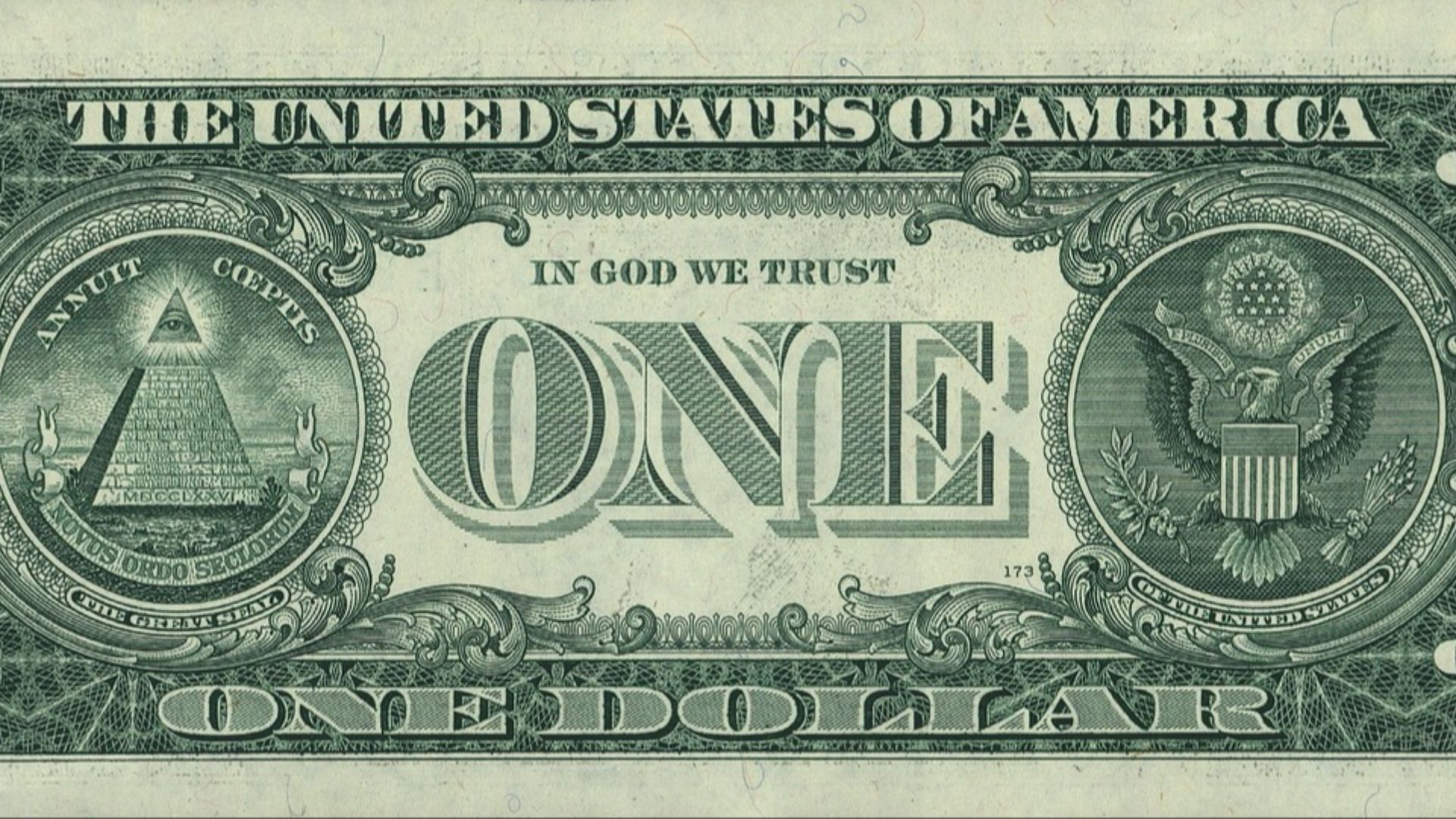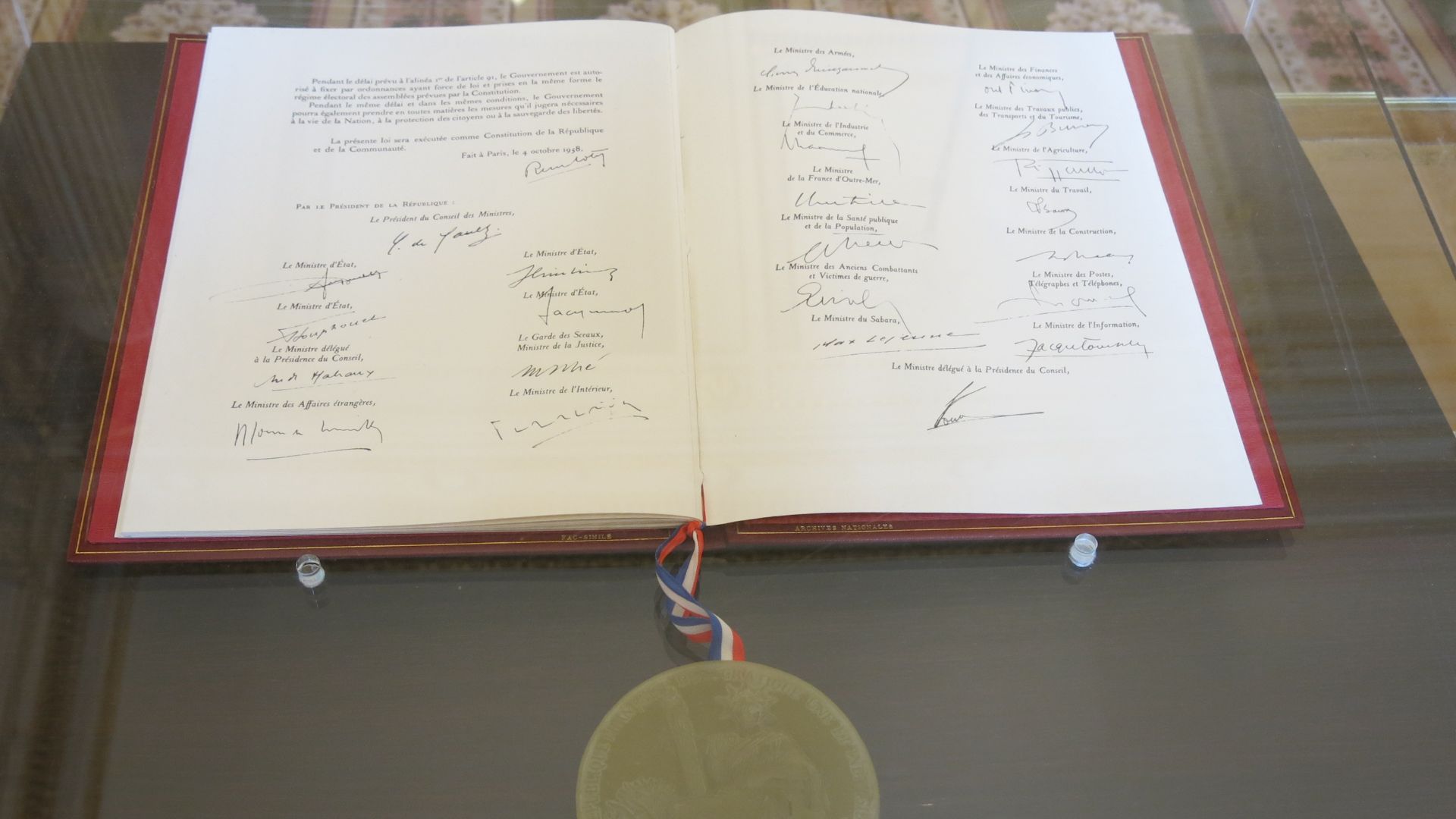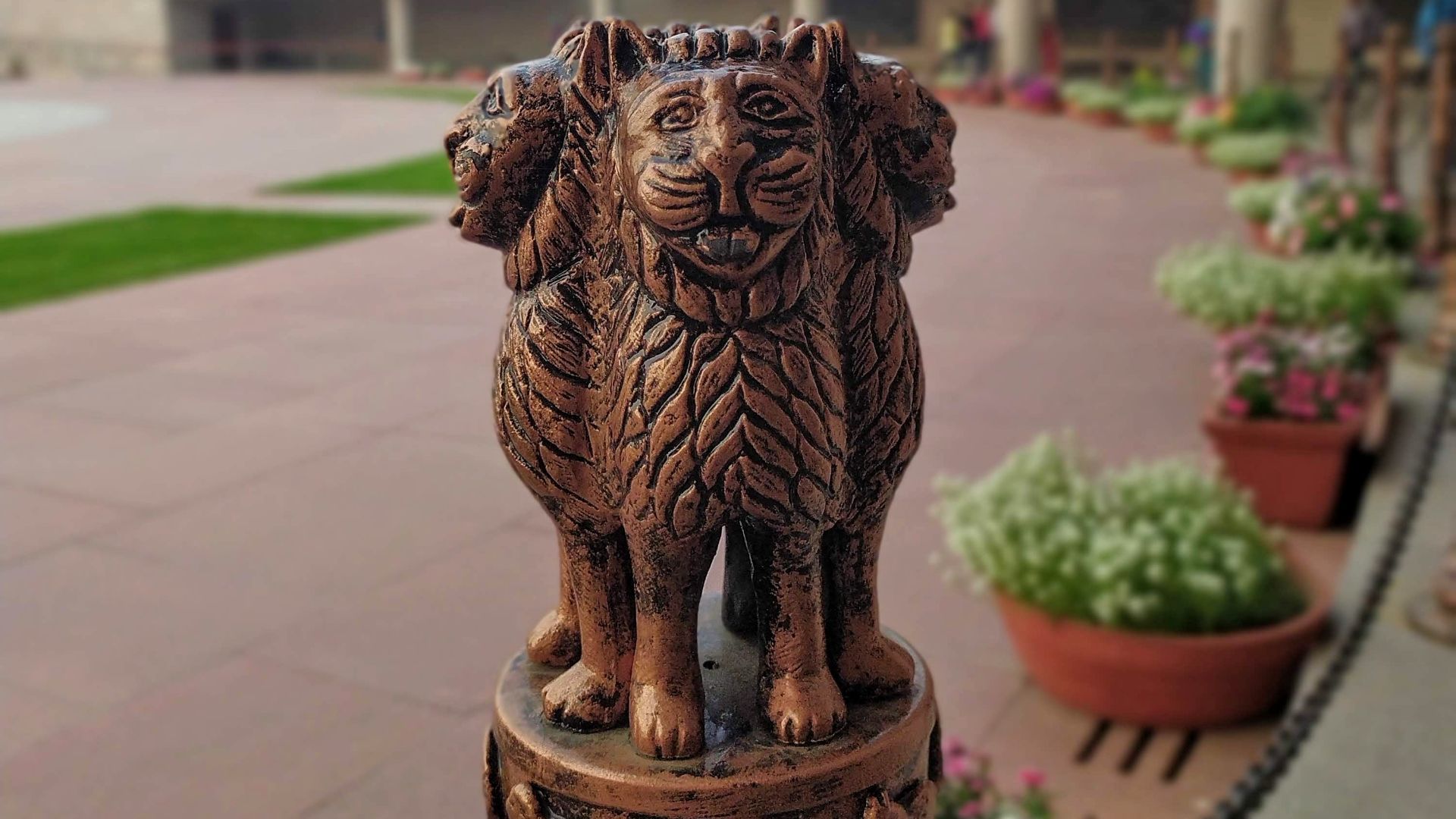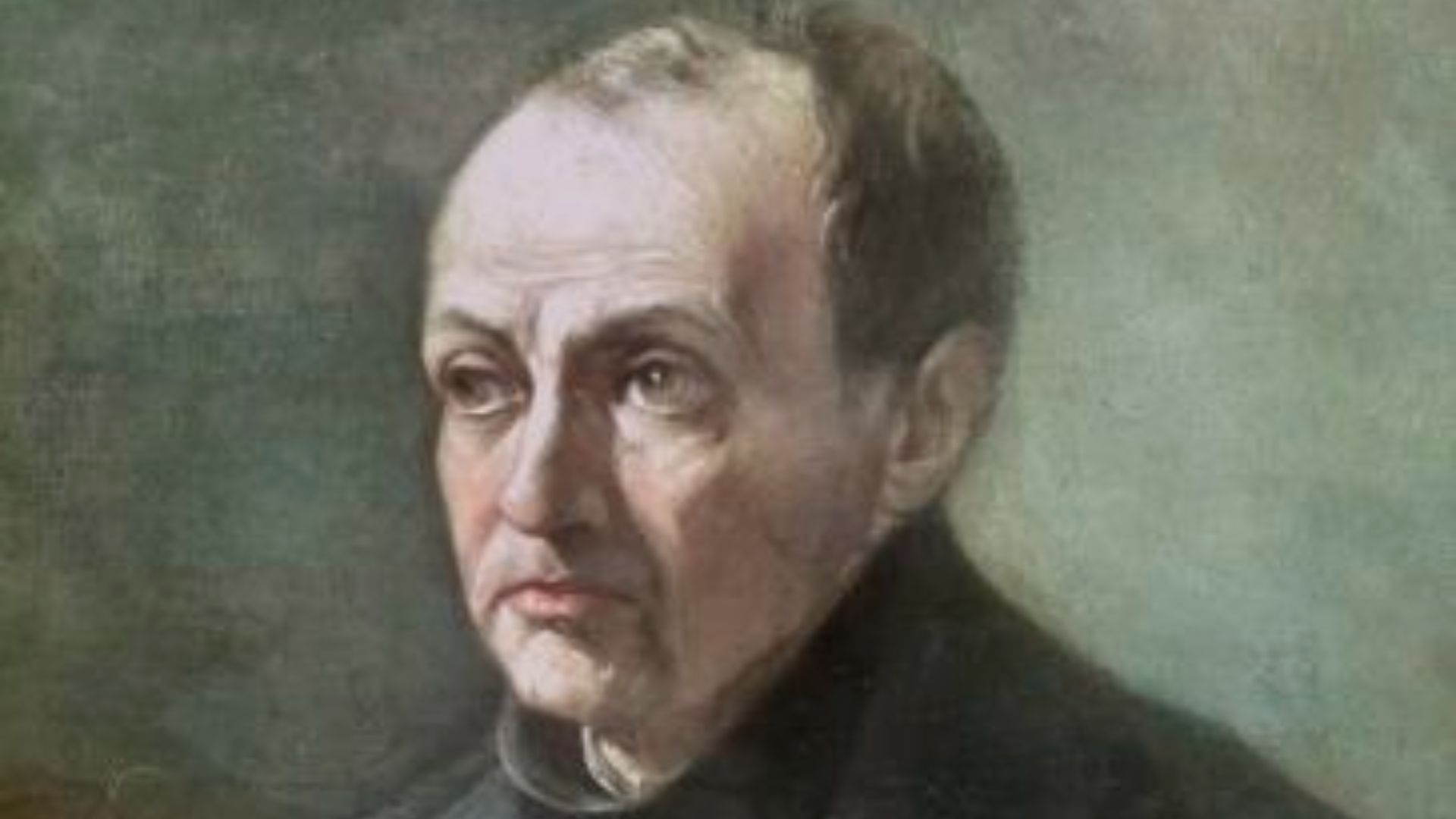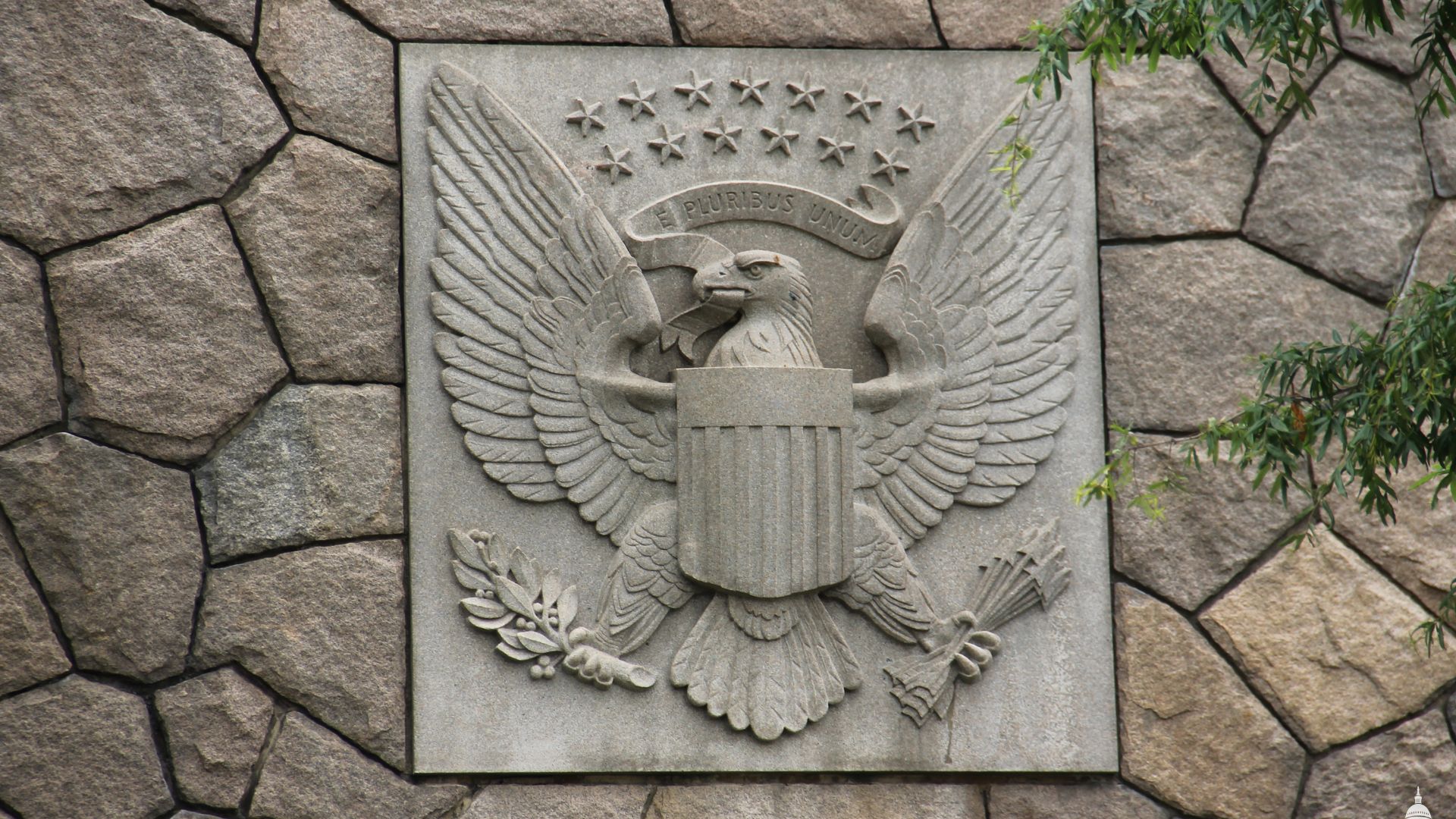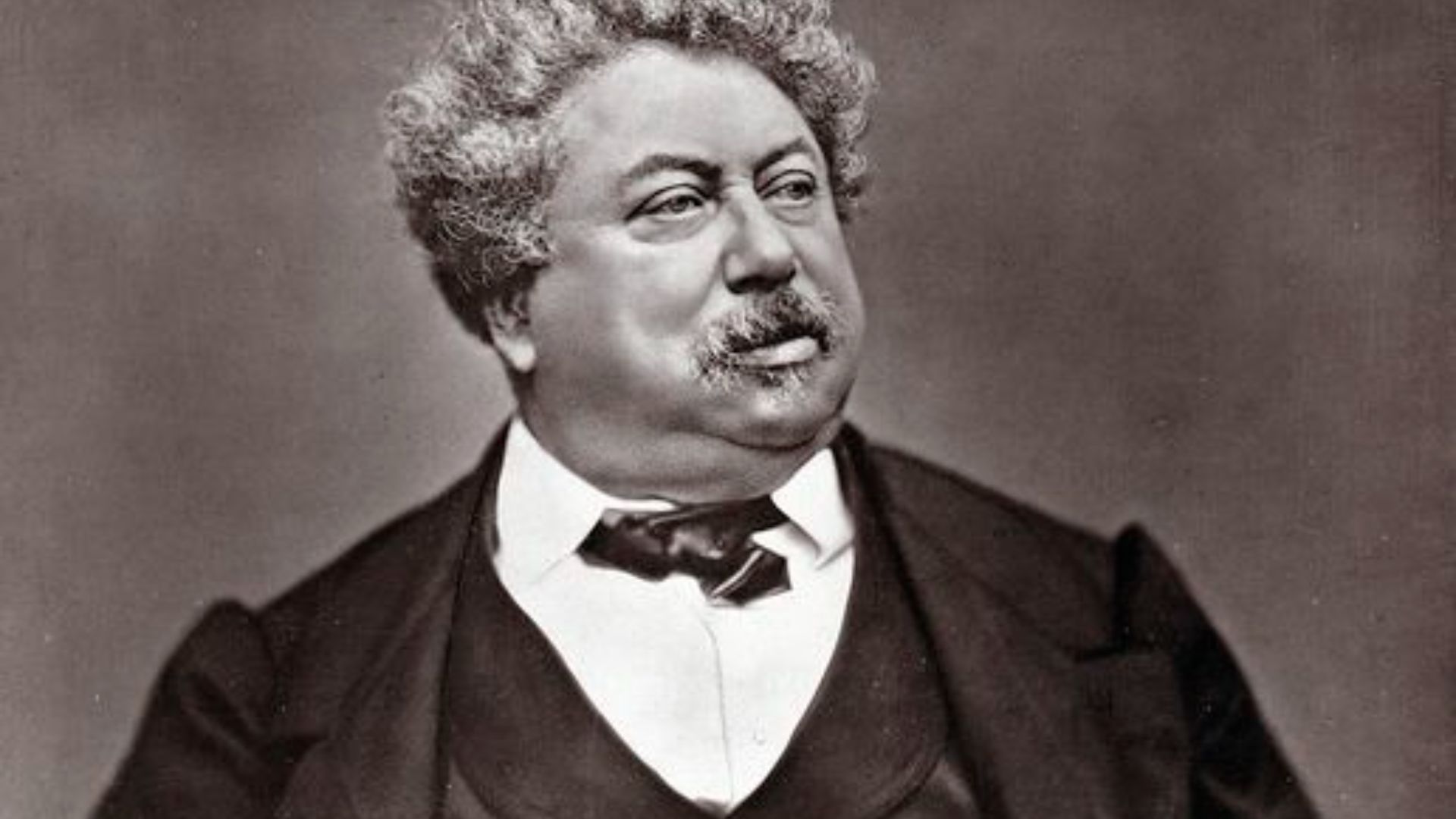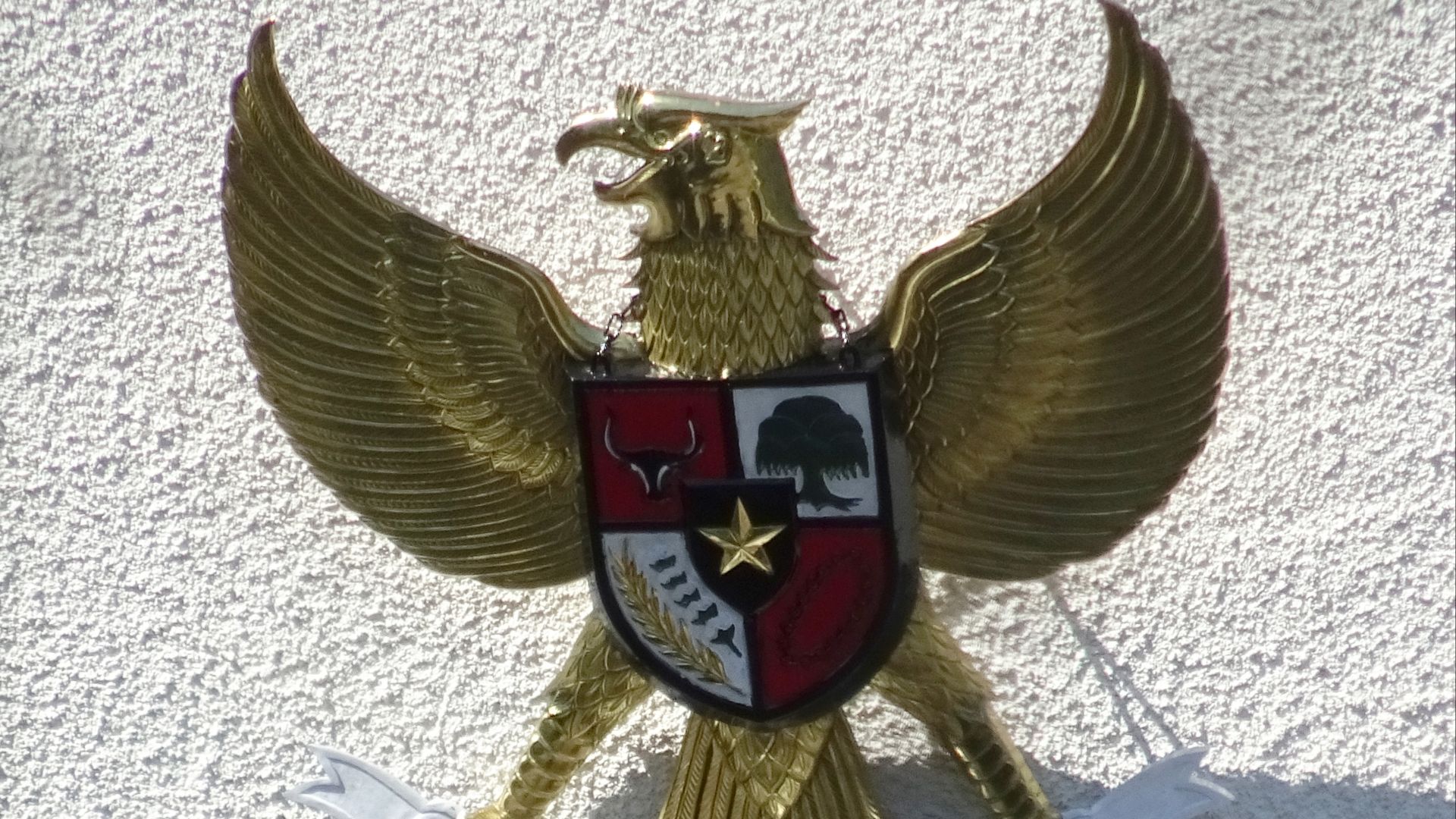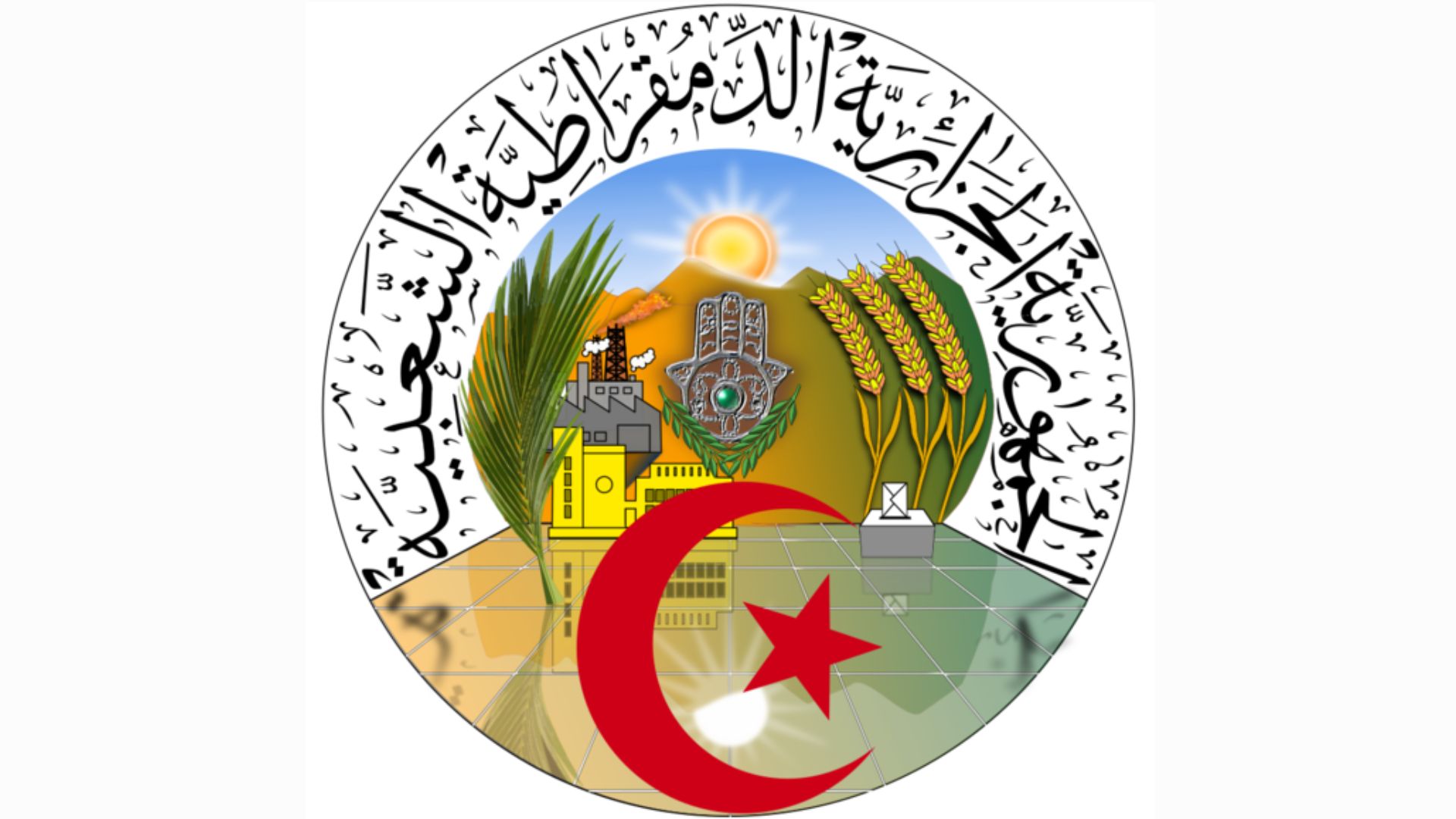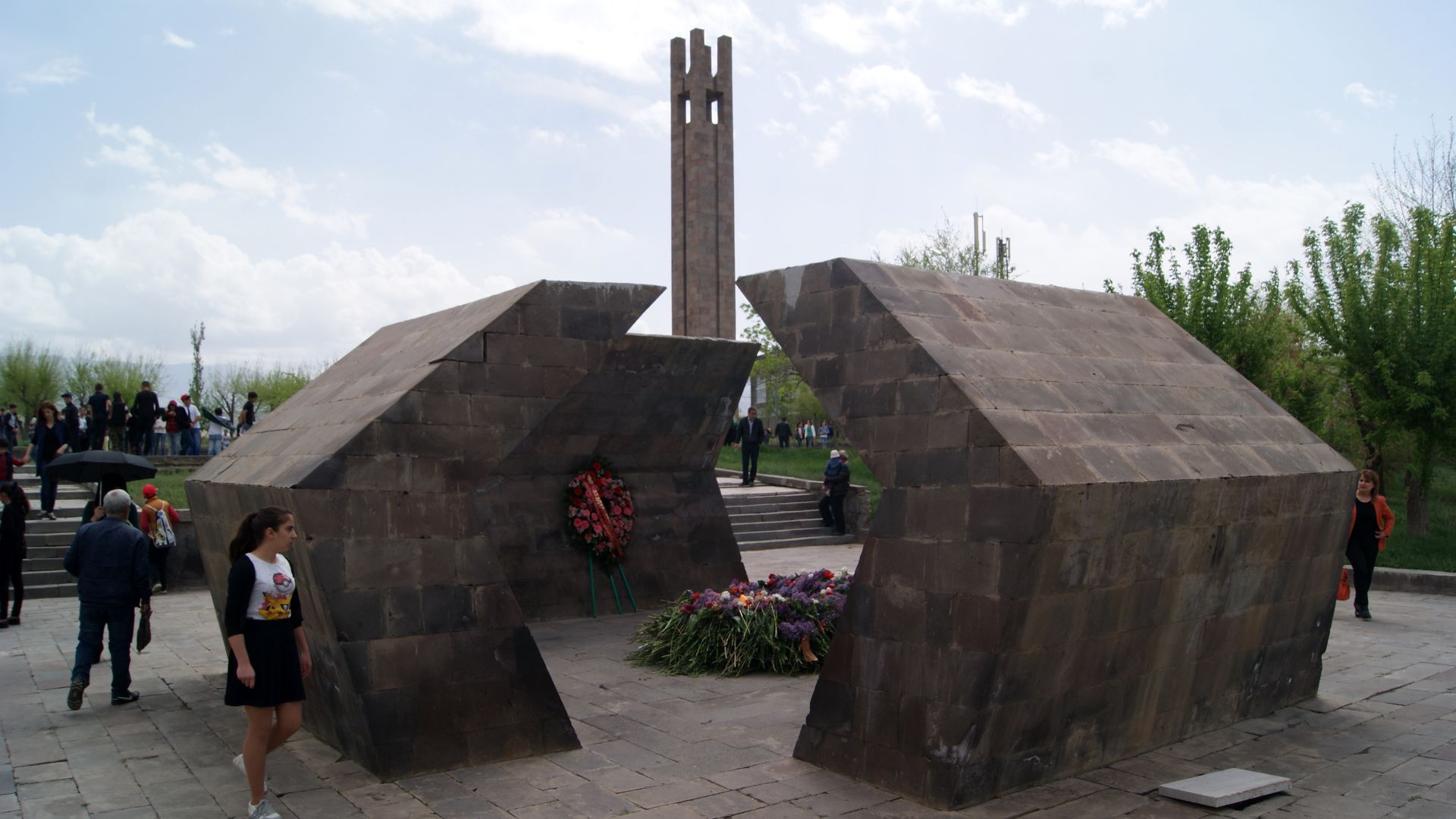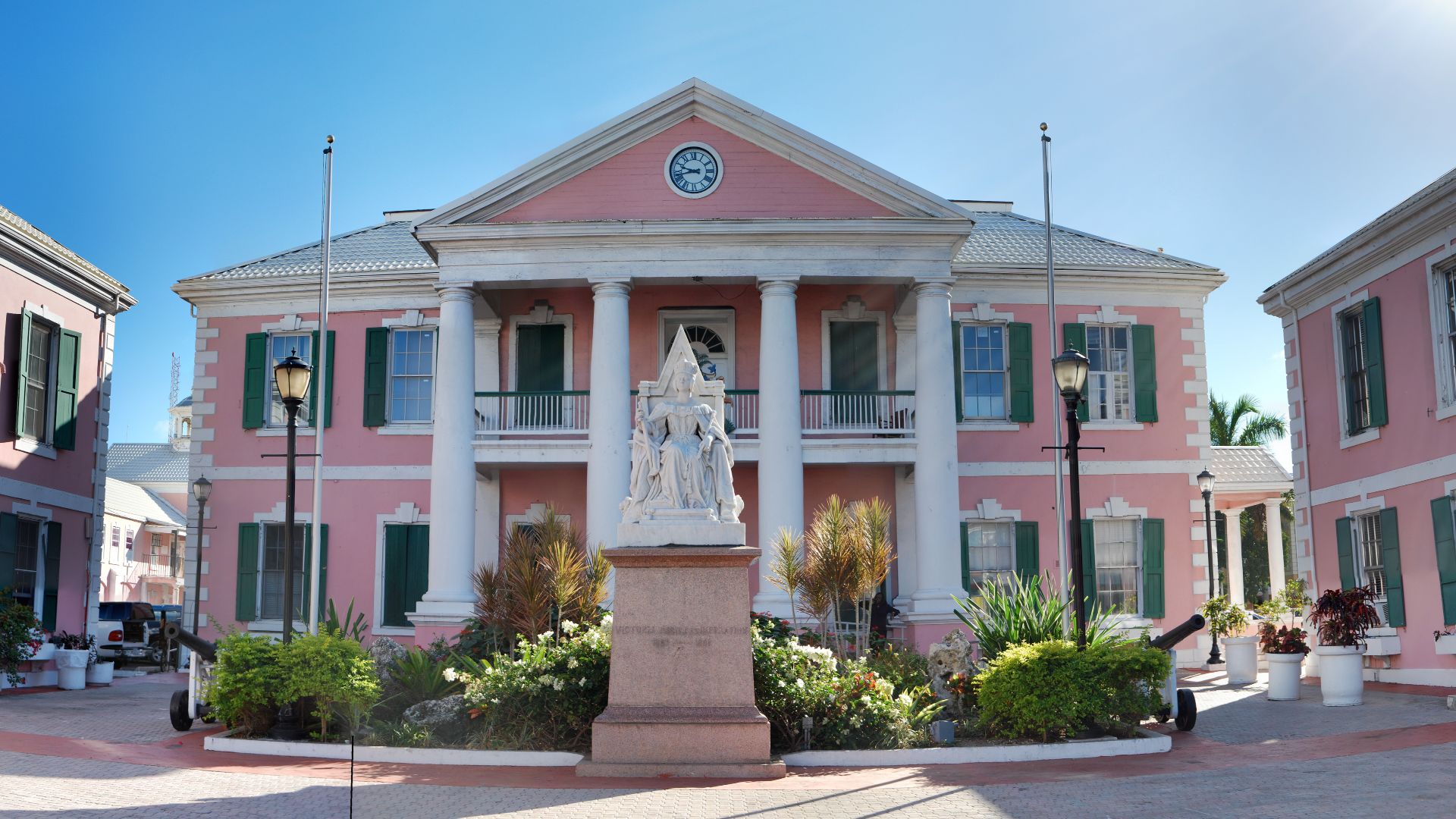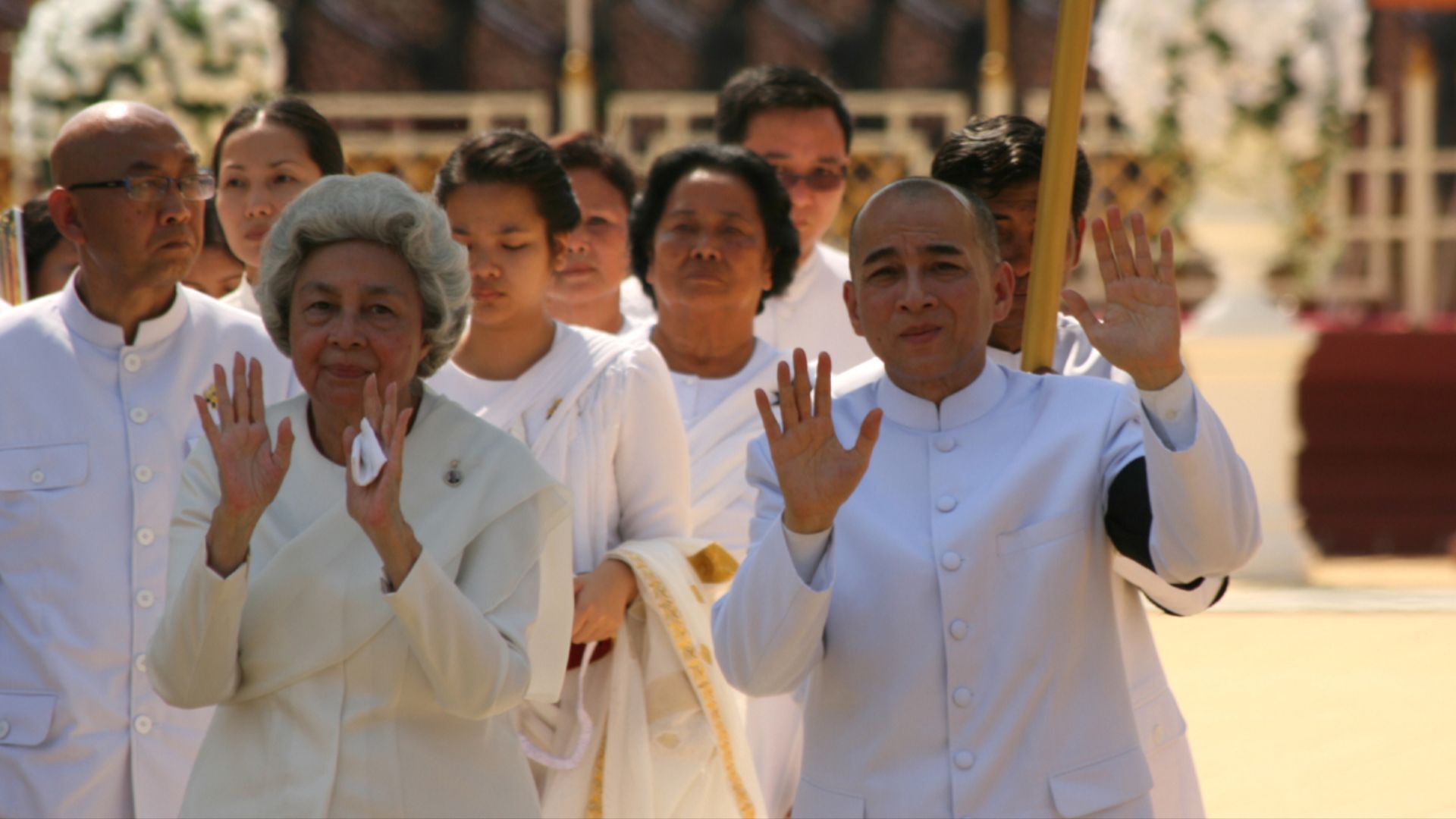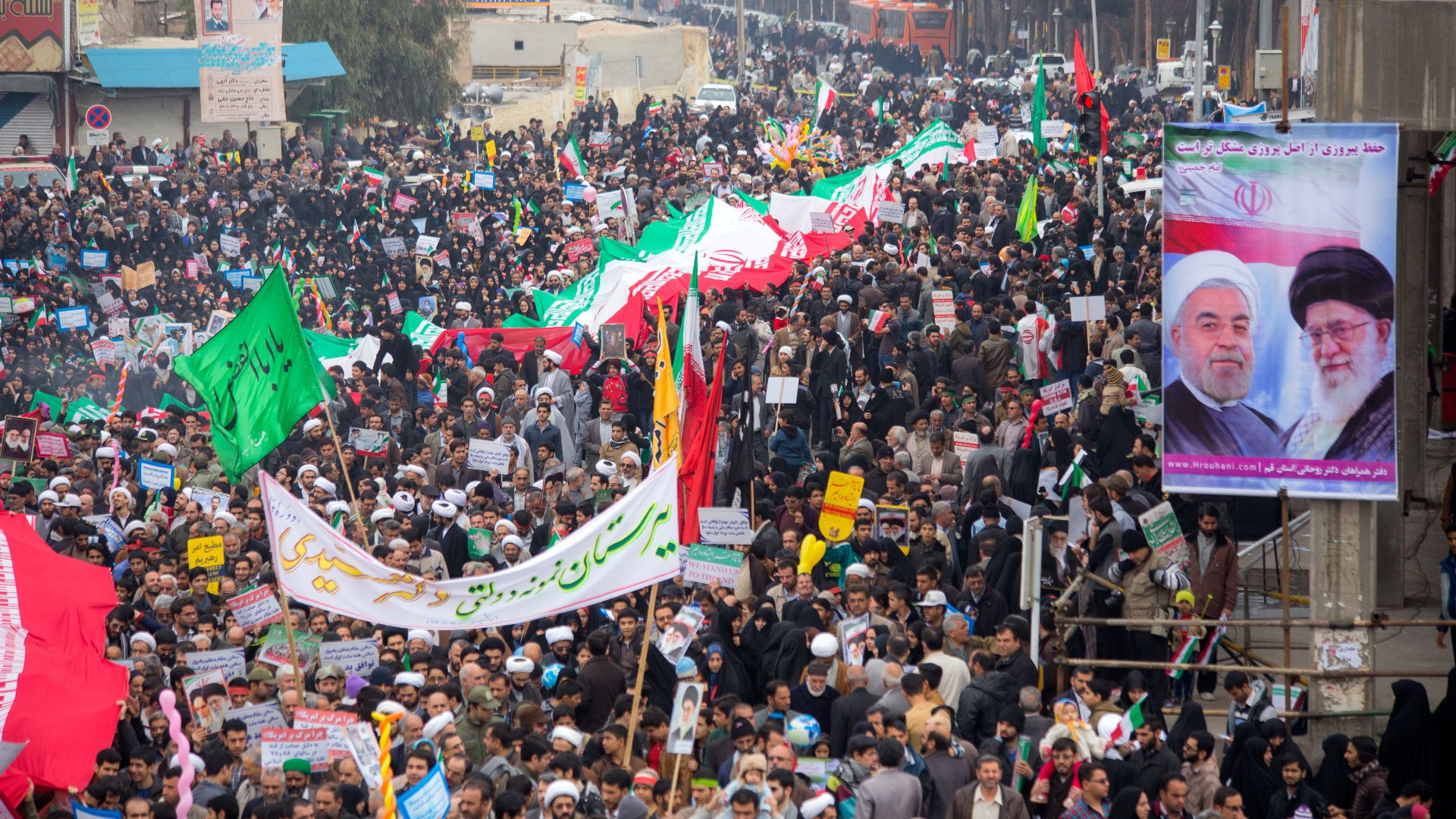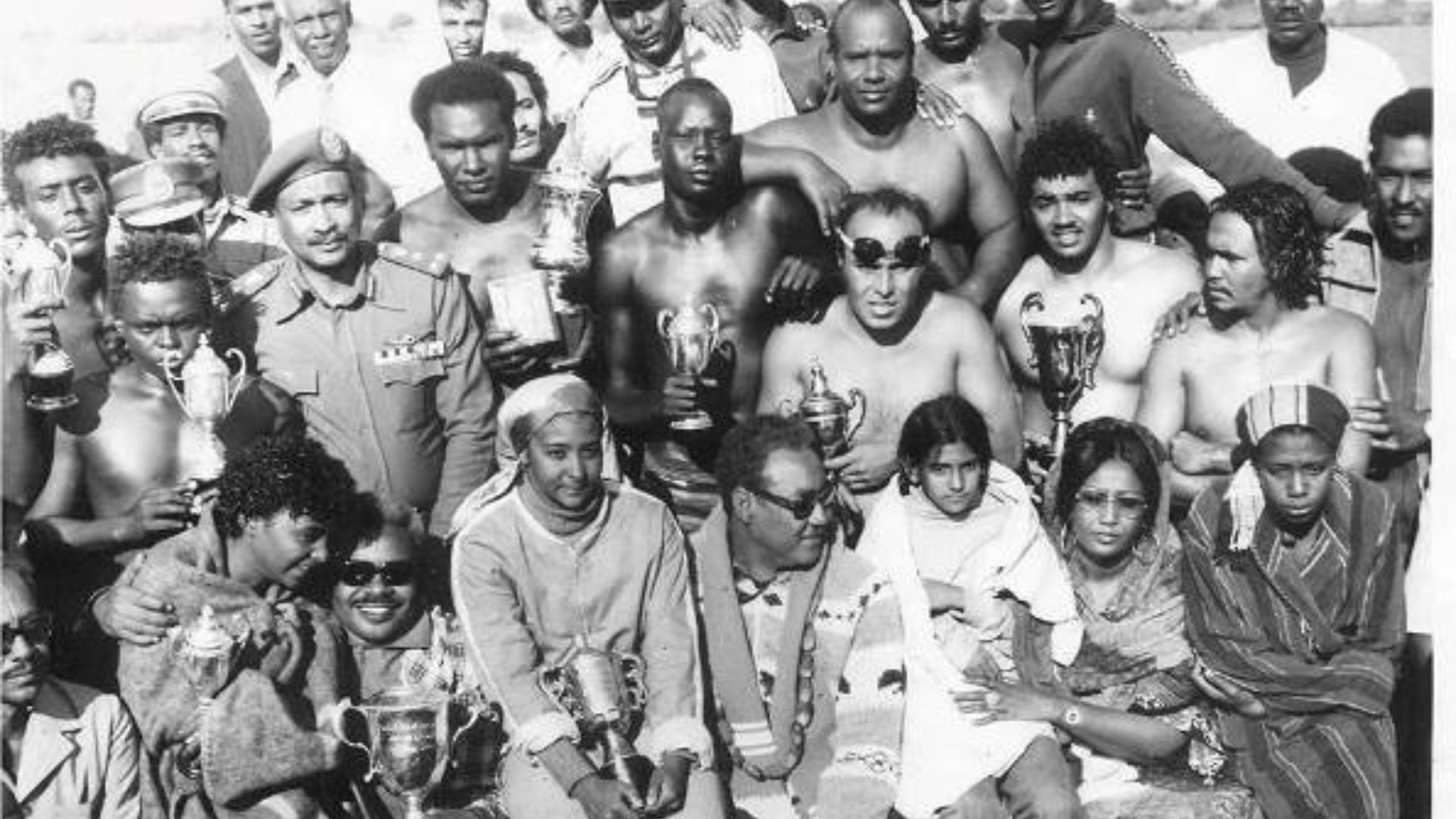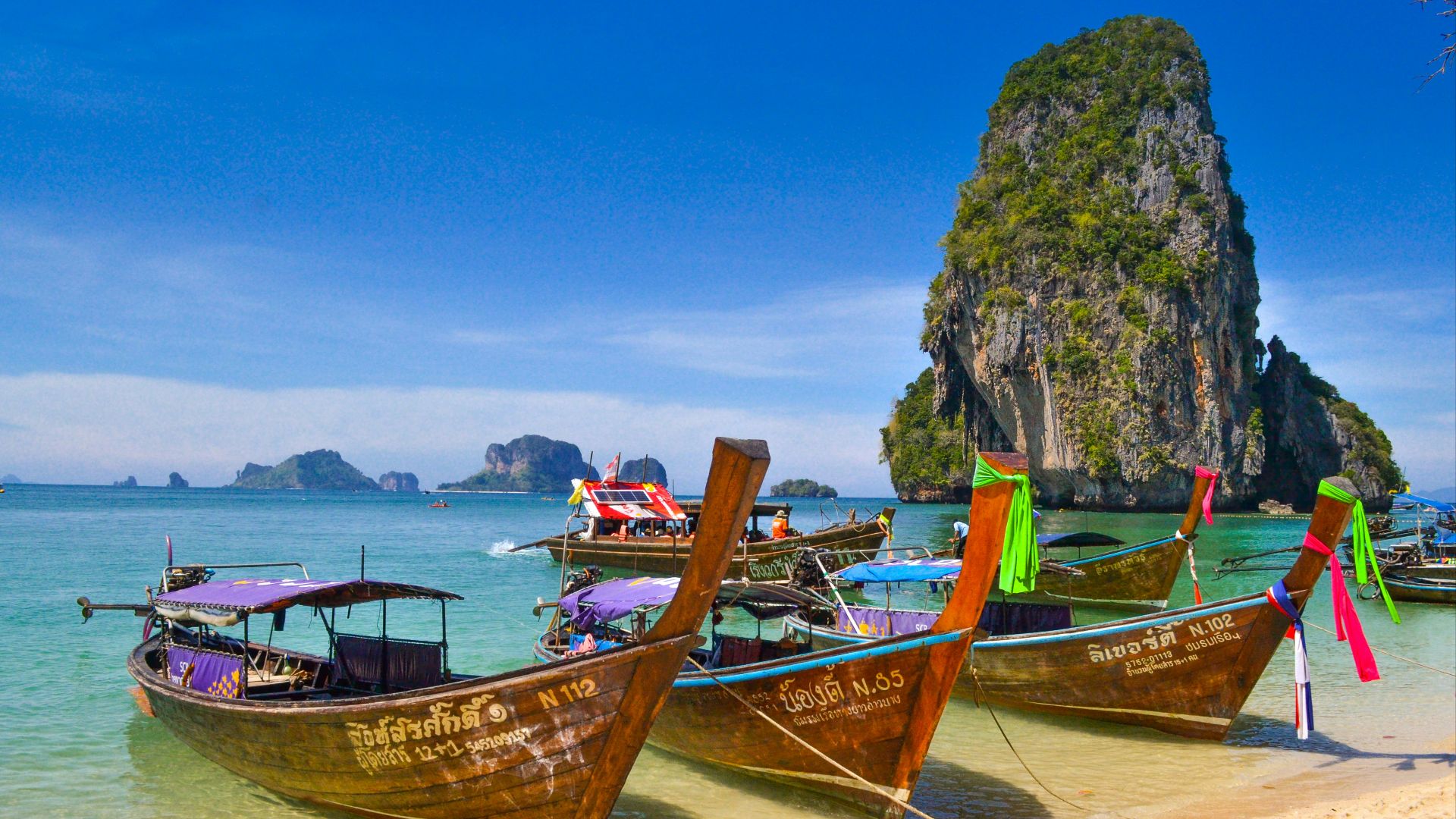The Voice Of A Nation
National mottos are carefully crafted phrases that reflect how a country defines its values, identity, and priorities. These statements appear on passports, government buildings, official seals, and in some cases, even coins. Though brief, these phrases offer surprising insight into how different nations see themselves and wish to be seen by the world. So, let’s take a look at 20 national mottos from around the world.
1. "Liberty, Equality, Fraternity" (France)
“Liberty, Equality, Fraternity” became France’s official motto during the Third Republic and was later embedded in the constitutions of 1946 and 1958. The motto influenced democratic movements worldwide and remains a central value in France’s constitutional framework.
2. "Truth Alone Triumphs" (India)
Rooted in ancient scripture, “Truth Alone Triumphs” comes from the Mundaka Upanishad and was officially adopted by India in 1950. Its Sanskrit original, “Satyameva Jayate,” sits beneath the Lion Capital on all currency and official documents.
3. "Order And Progress" (Brazil)
Brazil adopted its national motto after the Proclamation of the Republic in 1889, drawing directly from Auguste Comte’s positivist philosophy. Positioned at the center of the Brazilian flag, it stands as the only national motto globally to feature so prominently.
4. "Benefit Broadly The Human World" (South Korea)
Traced back to the founding philosophy of the Gojoseon kingdom and King Sejong’s ideals, this motto is still taught in schools as part of national identity. It also shapes South Korea’s modern approach to global outreach, particularly in areas like science diplomacy and international cooperation.
 Unknown authorUnknown author on Wikimedia
Unknown authorUnknown author on Wikimedia
5. "In God We Trust" (United States)
First introduced on U.S. coins in 1864, “In God We Trust” became the official national motto in 1956, during the Cold War. The phrase replaced “E Pluribus Unum” and quickly found its place on all currency, where it remains today.
6. "Further Beyond" (Spain)
Spain’s national motto began as a warning. The original phrase, “Nothing Further Beyond,” marked the edge of the known world at the Pillars of Hercules. During Charles I’s reign, that limit was rewritten, and “Further Beyond” became a symbol of Spain’s growing empire and overseas discovery.
 Web Gallery of Art: Image on Wikimedia
Web Gallery of Art: Image on Wikimedia
7. "Freedom Or Death" (Greece)
Born in the fires of revolution, “Freedom or Death” became the rallying cry of Greek fighters during the War of Independence in 1821. It has remained the official motto ever since and is embedded in the Hellenic Constitution.
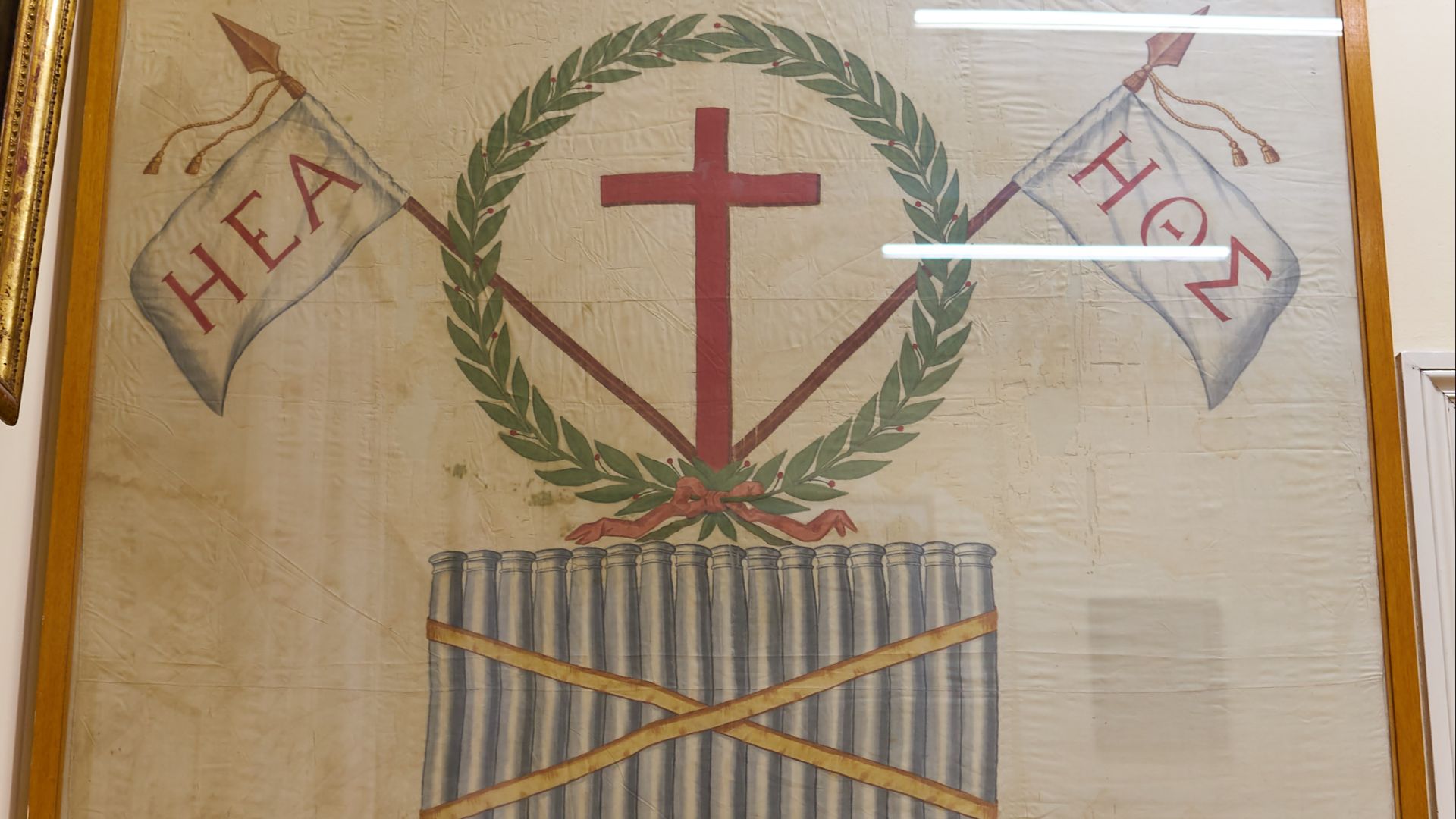 George E. Koronaios on Wikimedia
George E. Koronaios on Wikimedia
8. "Nation, Religion, King" (Thailand)
Deeply woven into Thai identity, “Nation, Religion, King”—or “Chat, Satsana, Phra Maha Kasat”—expresses the core structure of Thai society. Commonly recited at civic events, it reinforces cultural continuity and traditional authority.
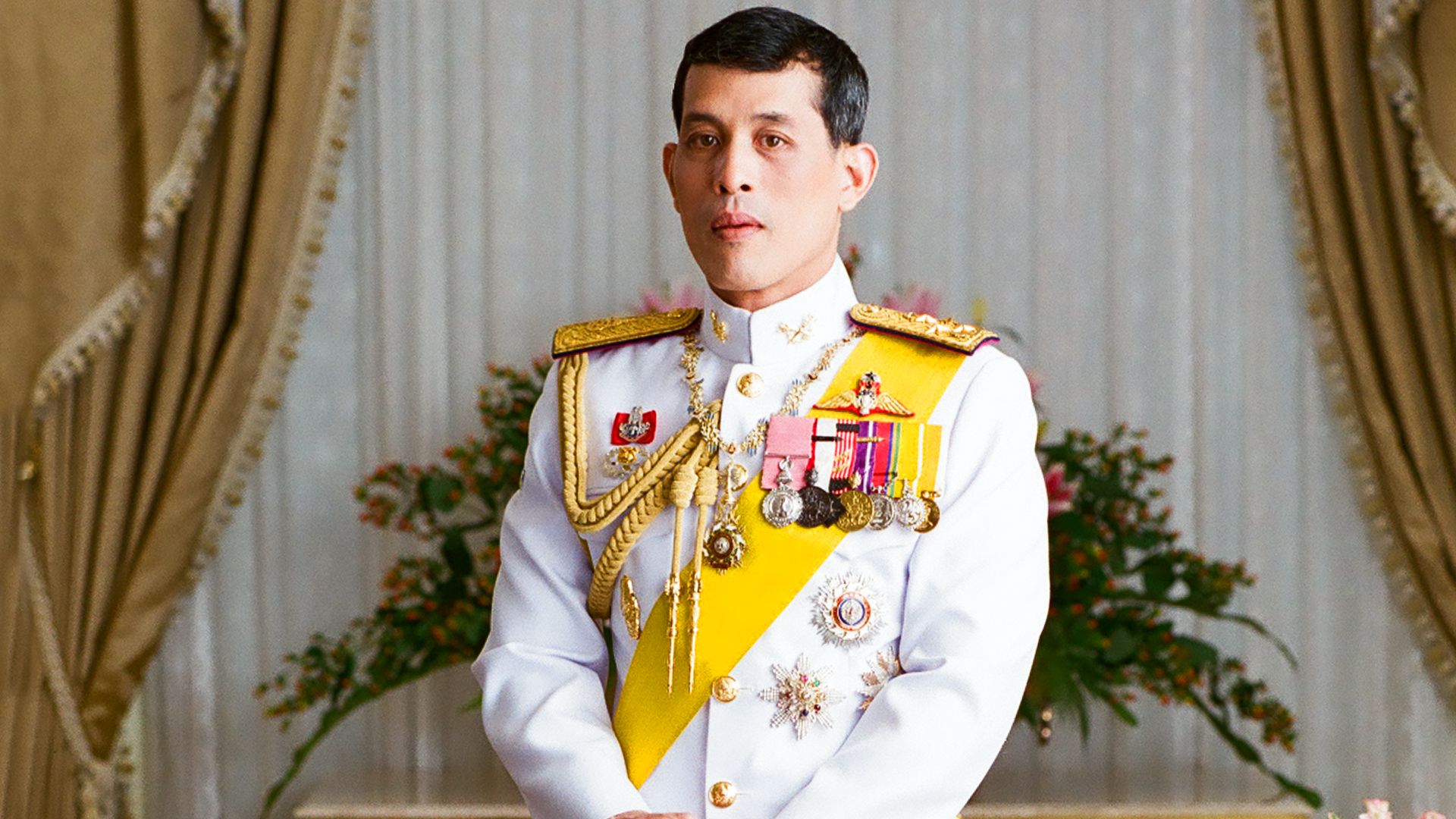 The Public Relations Department on Wikimedia
The Public Relations Department on Wikimedia
9. "For God, People, Nature, And Country" (Philippines)
“For God, People, Nature, and Country” captures the Philippines’ post-EDSA shift toward collective responsibility. Coined to redefine civic duty, it emphasizes loyalty not just to the nation, but also to spiritual, social, and ecological values.
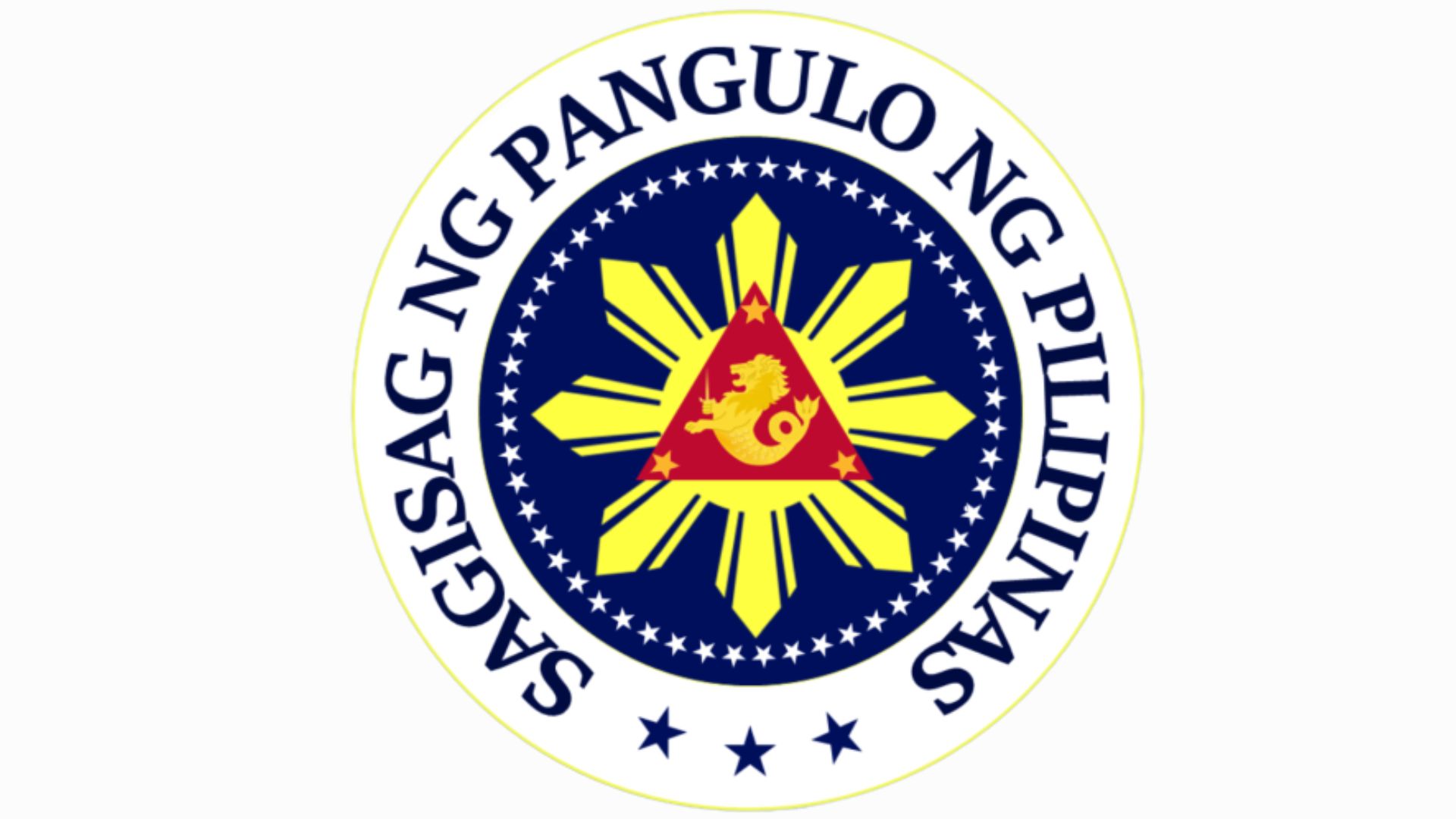 PacioLeon on Wikimedia Commons
PacioLeon on Wikimedia Commons
10. "Unity, Freedom, Work" (Zimbabwe)
Coined after Zimbabwe gained independence in 1980, this motto laid out the country's post-colonial vision. It reflects a commitment to unity, sovereignty, and productivity, rooted in pan-African ideals. Today, it's seen on currency and the coat of arms, and reinforced through state-led development efforts.
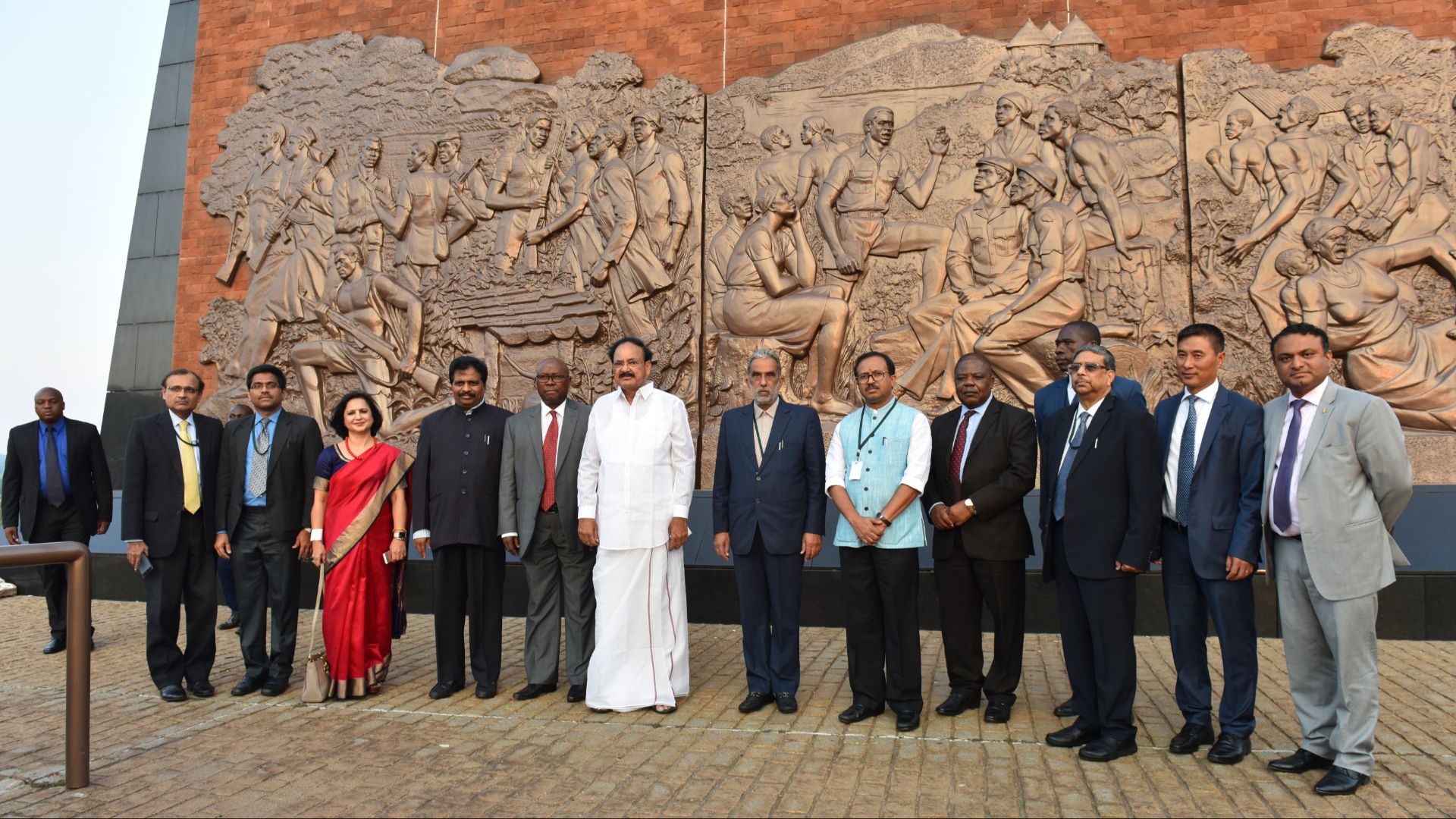 Vice President's Secretariat on Wikimedia
Vice President's Secretariat on Wikimedia
11. "One For All, All For One" (Switzerland)
Unlike many national mottos rooted in historical events or religious texts, Switzerland’s “One For All, All For One” entered public consciousness through The Three Musketeers. And despite its unofficial status, the motto remains a powerful expression of collective responsibility.
12. "Unity And Justice And Freedom" (Germany)
This unofficial motto emerged as a defining principle in post-war West Germany, offering a clear break from the country’s authoritarian history. Referenced in the national anthem, it champions unity, justice, and freedom—values now embedded in Germany’s democratic self-image.
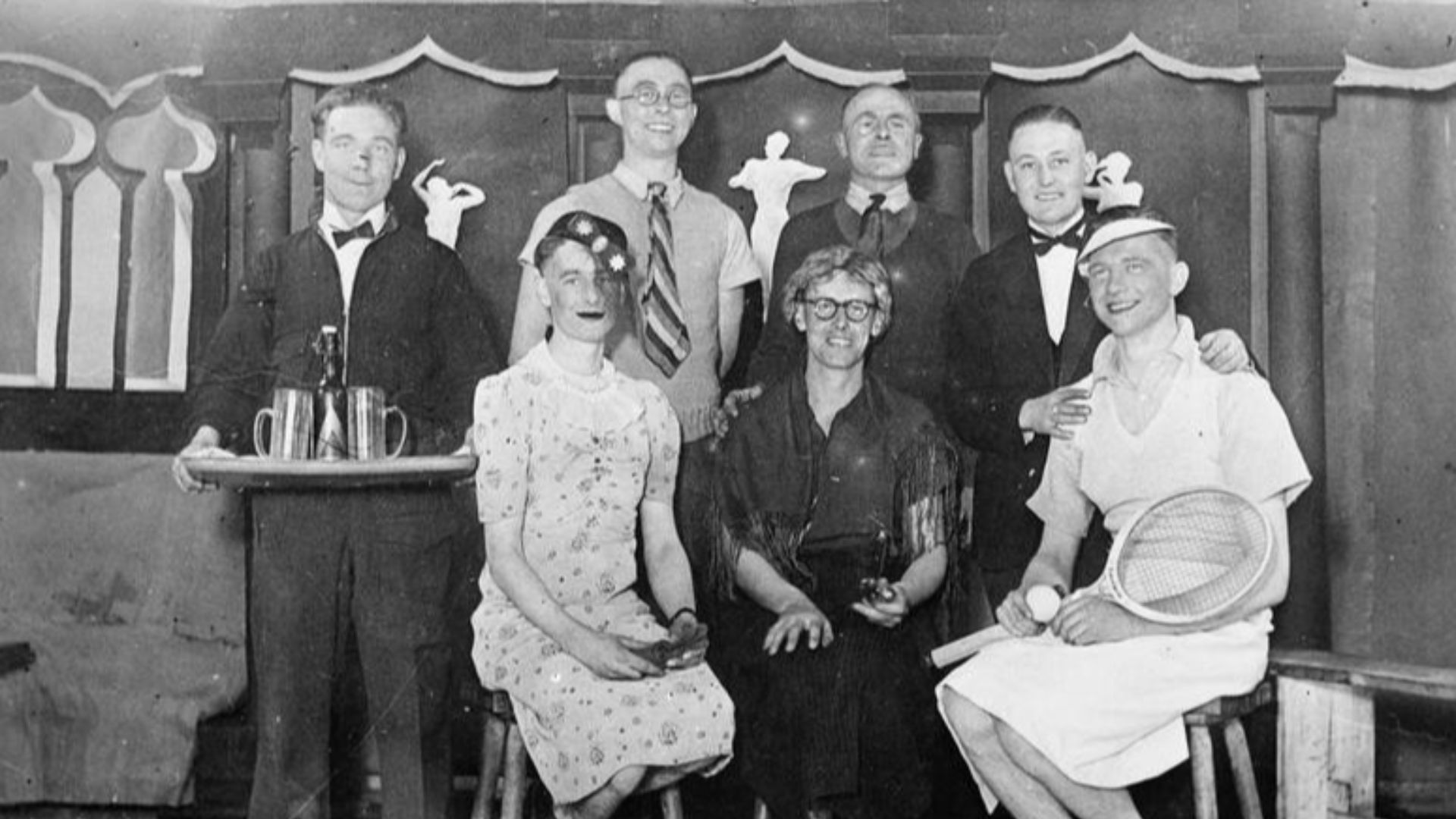 German official photographer on Wikimedia
German official photographer on Wikimedia
13. "Unity In Diversity" (Indonesia)
Rooted in ancient verse, this motto—“Unity in Diversity” (“Bhinneka Tunggal Ika”) captures Indonesia’s enduring message of harmony. Today, it’s etched on the national emblem and echoed throughout schools and the Pancasila framework.
14. "By The People And For The People" (Algeria)
Emerging from the shadows of 130 years of French colonial rule, Algeria’s motto became a defining statement in 1962. Even today, it resonates during stirring Independence Day and Revolution Day celebrations, reminding everyone that national identity is built through the collective will of its people.
15. "One Nation, One Culture" (Armenia)
This motto rallies millions through a shared heritage rooted in language, faith, and one of the world’s oldest alphabets. In Armenia, state institutions keep these traditions vibrant, proving that cultural identity can flourish no matter how far its people roam.
16. "Forward, Upward, Onward Together" (Bahamas)
Since 1973, “Forward, Upward, Onward Together” has proudly waved across the Bahamas as both a motto and a mission. It charts the nation’s course from colonial rule to self-governance, each word carrying its own weight—development, aspiration, perseverance, and unity.
17. "Nation, Religion, King" (Cambodia)
Fixed in the grandeur of the Angkor Empire, Cambodia’s motto unites love for the homeland, devotion to Theravāda Buddhism, and loyalty to the monarchy. It describes the impact of history while fostering unity after the deep scars of the Khmer Rouge era.
18. "Freedom And Order" (Colombia)
“Freedom and Order,” or “Libertad y Orden,” is Colombia’s official motto, prominently displayed on its coat of arms, currency, and government documents. In a nation once deeply divided, it remains a unifying ideal through ongoing peace efforts.
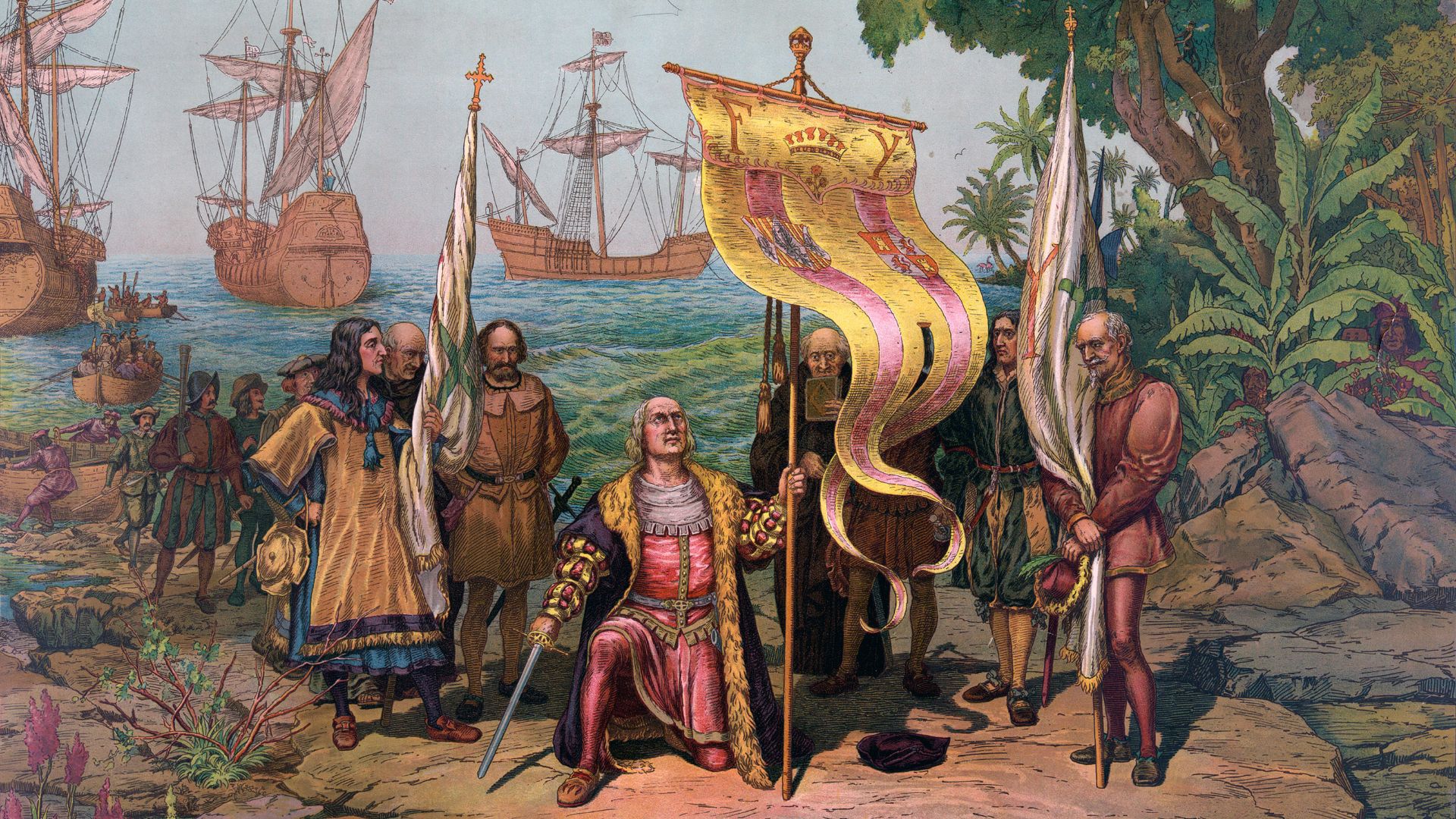 L. Prang & Co., Boston on Wikimedia
L. Prang & Co., Boston on Wikimedia
19. "Independence, Freedom, Islamic Republic" (Iran)
First chanted during mass protests rejecting monarchy and foreign dominance, this motto unites national sovereignty and religious governance. Still echoed in political rallies and state media, it continually reinforces the revolutionary vision across public and institutional life.
20. "Victory Is Ours" (Sudan)
Sudan’s official motto resonates deeply in Sudan, born from the nation’s long fight for independence in 1956 against British-Egyptian rule. Through political upheavals and protests, the phrase has echoed as a steadfast rallying cry, uniting citizens and soldiers alike in moments of struggle and determination.


